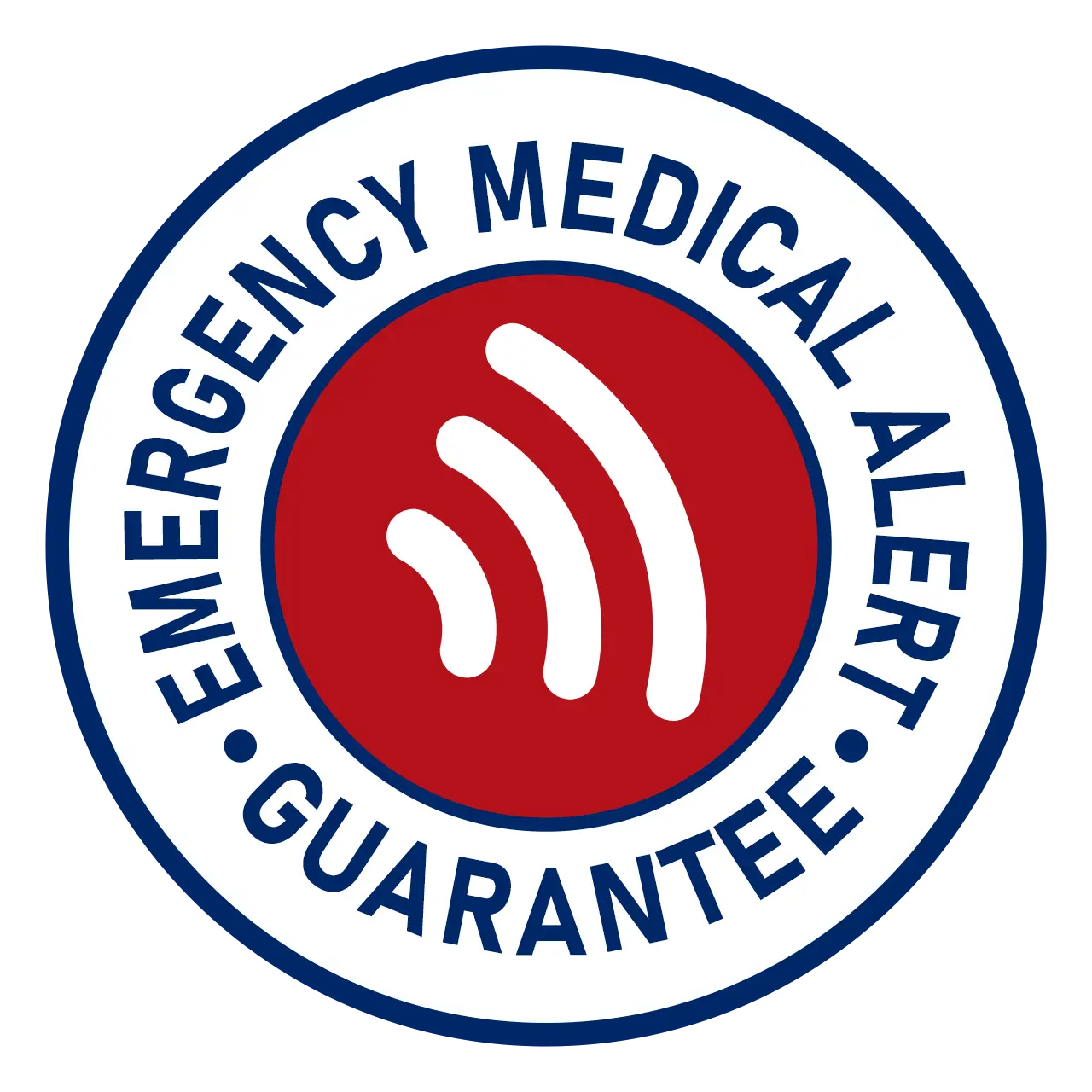Can Dehydration Cause A Stroke? The Surprising Link Explained
Key Takeaway
Dehydration can raise stroke risk by reducing blood volume, thickening blood, and increasing clot formation, especially in older adults and people with heart disease. Staying adequately hydrated helps keep blood flowing smoothly, lowers clot risk, and protects the brain from preventable stroke triggers.
Dehydration is often perceived as a small, irritating problem. It is synonymous with people who feel tired, have dry skin, and sometimes even with those who just get a headache. However, it can lead to something far more serious too. In this context, we are talking about a stroke.
In recent times, research found that there is unfortunately a connection between insufficient hydration and the greater risk of getting a stroke.
This article will answer your question of can dehydration cause a stroke. You will also get to know the science behind this connection and who is at the most risk.
What Is Dehydration?
Dehydration happens when your body loses more fluids than it takes in. This leads to lesser fluids within the body and can affect your normal bodily function. Water does a lot for the human body. It can regulate your temperature and remove waste from the body.
It even transports nutrients across the body. Dehydration in its later stages is dangerous already; even mild dehydration can cause issues in the body’s balance. This further contributes to complications.
There are various degrees of dehydration. These are mild and moderate, and then comes the severe one. Mild cases only cause thirst and fatigue. Understanding Strokes
Understanding Strokes
A stroke is when the blood flow to a certain part of the brain is interrupted. This prevents oxygen and nutrients from reaching brain tissue. There are two main types of strokes:
Ischemic stroke
These are caused by a blood clot blocking a vessel in the brain. 87% of all strokes are in this category.
Hemorrhagic stroke
This happens when a blood vessel in the brain bursts. This leads to internal bleeding.
No matter which type a stroke is, you should always seek medical attention if it happens to you. Longer durations of blood flow not reaching the brain are dangerous.
The Surprising Link: Can Dehydration Cause A Stroke
If you are wondering how not drinking enough water can cause such a severe condition, this is what you should know:
Reduced Blood Volume And Thicker Blood
The blood volume drops greatly when you are dehydrated. Such a reduction makes the blood thicker and more concentrated.
This type of blood moves very slowly. It can even clot on its way to an organ. These situations can cause several blockages in the arteries that supply blood to the brain.
Increased Risk Of Clot Formation
Dehydration causes a really bad state in us. It causes the blood to clot more. People who already face the problems or risks of blood clotting are in the most danger.
This is quite common in people with sedentary (lack of physical activity) lifestyles and high cholesterol. In some cases, a clot formed as a result of dehydration can easily lead to a stroke. Such a case occurs when the clot has the freedom of movement to the brain.
Dehydration As A Hidden Trigger In Vulnerable Individuals
Dehydration can be an overlooked but deadly trigger in those who already have underlying health problems. It does not directly cause a stroke on its own.
Thus, it is more likely to happen that one gets a stroke the way the elements are set up. If, for example, somebody has narrowed arteries, they will have clot formation much more easily when they are dehydrated.
Who Is Most At Risk Of Dehydration Strokes?
Dehydration can happen to anyone. However, there are certain groups of people who are vulnerable to more complex stroke-inducing effects:
Elderly Individuals
Older people tend to feel thirst less than they did before. They may not feel thirsty even when their body desperately craves water. If they are on medications like diuretics or have kidney disease, they are only at more risk of dehydration-related strokes.
People With Cardiovascular Conditions
Those with high blood pressure or heart disease already have issues within their cardiovascular systems. Dehydration only makes it worse if they have these conditions. This is because of the increasing risk of clot formation and strokes.
Stroke Survivors
If you have already had a stroke, you are still at risk of having another. Dehydration can increase this problem even further. This is particularly true if it adds to increased blood viscosity.
Athletes And Individuals Exposed To Excessive Heat
Exercises that strain you too much or exposure to heat can cause sweating. This leads to fluid loss. Your body requires water to replace the lost fluids; if you do not give it through drinking, you will get dehydrated.
Not just that, athletes and laborers in the construction industry must be very cautious. People living in hot places also need to practice caution.
Signs You May Be Dangerously Dehydrated
You must find out if you are dehydrated before it gets worse. Know that there are some usual signs of dehydration that you can observe and use as your cues:
Severe Thirst, Dry Mouth, & Low Urine Output
It is a sign if you are feeling very thirsty to the point that you have a dry or sticky mouth. If your urine is scant or dark yellow, that is another sign. These are common early warning signs that your body gives to show it is lacking fluids.
Dizziness, Confusion, & Fainting
Dehydration causes a drop in blood pressure. Even the blood flow to the brain may be compromised. This leads to dizziness and fainting. Older adults are very likely to suffer from falls so these issues are even riskier for them.
Warning Signs That May Overlap With Stroke Symptoms
Dehydration symptoms sometimes seem similar to or overlap with stroke symptoms. You may feel sudden confusion or have trouble speaking. You may even feel weak. If you face any of these signs, it is important to seek medical attention.
Prevention Tips: How To Stay Hydrated And Reduce Stroke Risk
Preventing dehydration is one of the easiest ways to reduce your stroke risk. These are really important tips, especially if you are in the high-risk category.
Daily Hydration Guidelines
Adults should have a strict water intake limit that they can achieve every day. Women are advised to have about 2.7 liters of water. Men need about 3.7 liters of water. This includes water intake from both drinks and foods. Your needs may vary if you engage in physical activities or have an illness.
Foods Rich In Water
It is always better to eat foods with a lot of water content. These can support your daily fluid intake. Water-rich foods such as cucumbers and watermelons are famous. Oranges and strawberries are also great options. Lastly, celery is a good food.
Conclusion
The connection between dehydration and stroke is a striking reminder for you. It should tell you to improve your water-drinking habits. They have life-saving consequences for you. Even if dehydration does not directly cause a stroke, it still spikes up the risk.























